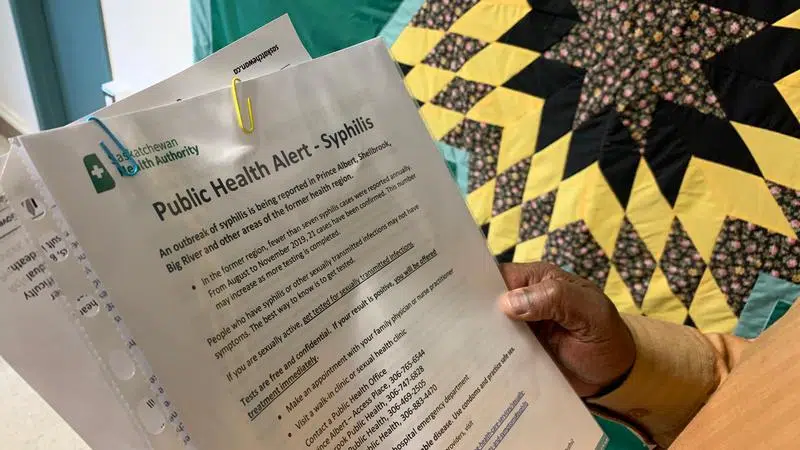
“You may not know you have it”: MHO on syphilis outbreak
A dramatic increase in the number of infectious syphilis cases has prompted the Saskatchewan Health Authority to declare an outbreak in north central Saskatchewan.
From August to November, 21 cases of syphilis were confirmed in Prince Albert, Big River, Shellbrook, Birch Hills, Christopher Lake and the surrounding communities. Usually, the area sees fewer than seven cases per year.
“We declared an outbreak so that we can pull our resources together and work with other health care professionals to address the reasons and investigate why it’s happening and identify what gaps, if any, are out there, what challenges and address those because we want people to be safe,” said Dr. Khami Chokani, the Saskatchewan Health Authority’s medical health officer for Prince Albert.
Syphilis is a sexually transmitted infection spread from person to person through direct contact with a syphilis sore. It is a treatable disease but Chokani said part of the problem is many infected people have no symptoms. The sores syphilis causes are painless and disappear within seven to ten days regardless of treatment.


